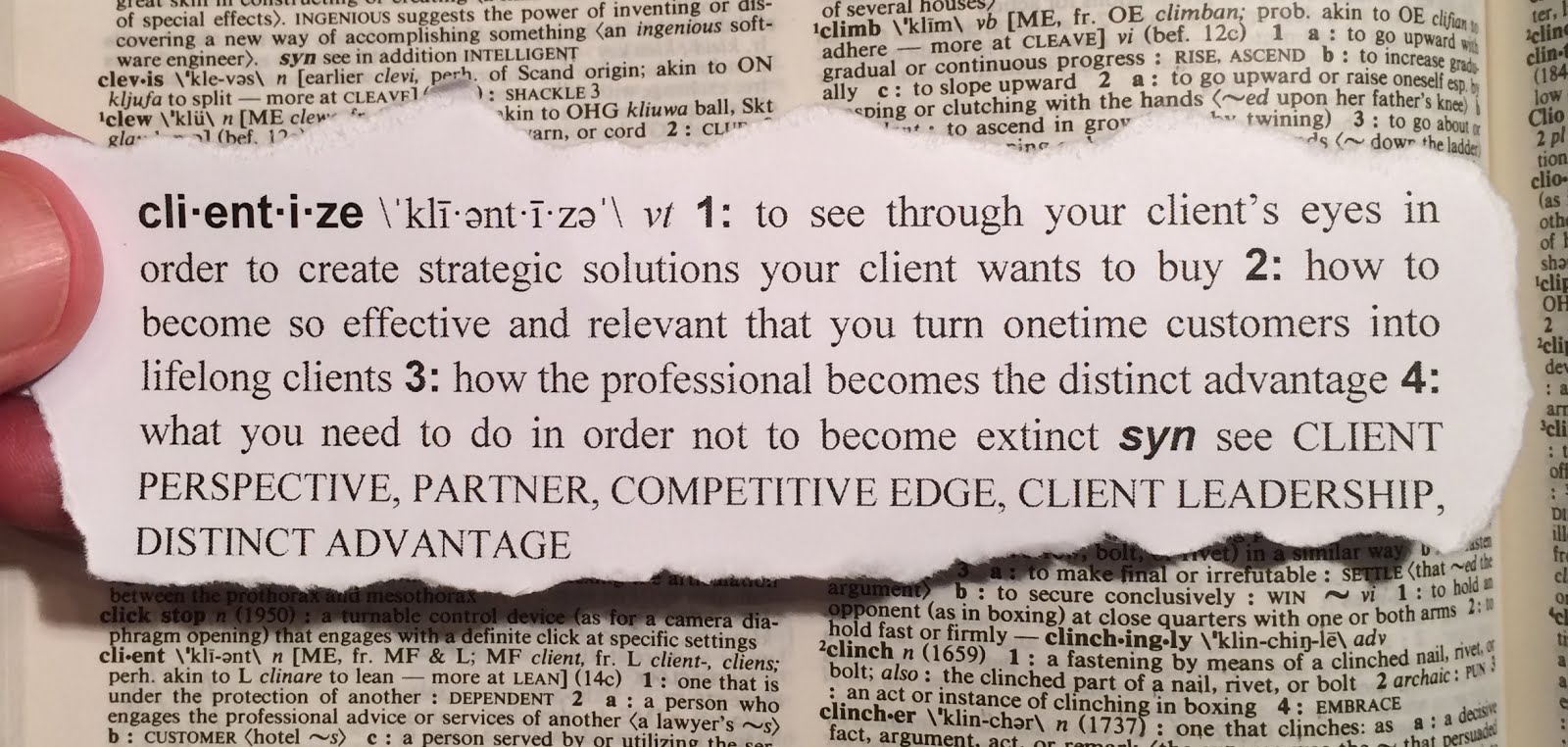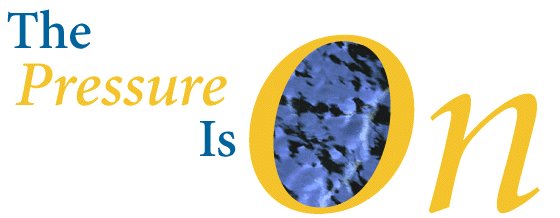Gaining Influence
I have not met too many people who don't want to have influence of some sort. The influence I am talking about is the kind where we can help others achieve their objectives and goals for their businesses and their professional well being. I am also talking about the type of influence where you can gain more control over your own business life. That is, you can influence decisions that are beneficial to you and your clients (or manage, colleagues, etc).
A Central Point to Becoming An Expert and Gaining Influence
One of my chief ideas that I promote to people around me, and when I coach people, is the idea that for their career to take off, and for them to have any kind of influence, is that they need to become an expert in their field. Whether they are in sales, management, consulting, programming, project management, etc.
No one is going to listen to you - if you don't have some sort of expertise which is knowledge and application of the knowledge.
I am going to jump right to the solution today . . .
Things You Should Be Doing Right NowIn order to become an expert, there are several things you should be doing every single day. I have used these methods myself and have taught these to others. The costs are minimal - time is all you need. And a little will power to stick to it.
The first thing to do is to develop your knowledge of what it is you do. The more you know and the more you are able to articulate what you know, the more others will perceive you know your subject. When they perceive that you know your subject, the more they will respect you, and the more they will be influenced by your opinions.
The highest-paid people in every field are those who know more than the average person. These people are recognized as experts - industry experts. They have developed what is called "expert power."
Because of this superior knowledge they have built up, they are looked up to and listened to. Clients want to do business with people who know what they are doing.
Don't be average in your work. People often ask me, "Where do I start?"
My response is something only 10 percent of the people I talk to take to heart. And here it is;
- READ everything you can get your hands on about your field. If you are a professional surgeon, know the latest in surgery and surgical techniques, and good bedside manners. If you are in Health Care selling supplies and instruments, know everything about the way people buy, know your competition, know your products and services and how they work. Whatever you do, read about it. AND - this is important - take notes. Write, write, write. Buy a special notebook and copy the ideas and concepts into the book and review these notes.
- Get up one hour earlier every single day and read for one hour and take notes.
- Listen to audio programs in your car on your way to work or if you are taking the train, listen to your IPod. There are great downloadable programs from just about everywhere including YouTube, iTunes, HBR, TED, etc. Why listen to talk/trash radio that serves no purpose except to rile you up and eventually bring you down?
- Take courses from people who have been on the front lines. Not necessarily those who have just studied the subject and never applied it.
- Apply what you have learned. And look for feedback. Take the feedback and adjust.
- Being willing to make mistakes. Failure is a better teacher than success. Except for the surgical doctors - no failures here please.
- While this is not true for every profession, in 90% of cases being able to articulate your point of view is critical to your success. So, not only study your field, but study communication and leadership so you are able to convey your thoughts. Join Toastmasters. A good weekly meeting that you attend can help you drastically convey your points. And it is just about the cheapest and best investment you can ever make. Now, not all Toastmaster meetings are equal. They all are a little different because of the set up and the personalities. Find one that works for you. But join and attend regularly! If you know all this stuff and cannot articulate what you know, you cannot become a person of influence - ever!
Most people never think about becoming an expert. Or worse, they think they are, when in fact they are clueless.
When you become an expert in your field, you will make more money, have more fun and have a higher self-esteem and self-liking. You will in a term - feel good about yourself.
It does take time however. One hour a day reading builds up over the course of 5 or 10 years. Do the math (365 hours a year multiplied by 5 years = a large number of 40 hour weeks).
Follow the 7-Steps above and in 5 years no one will understand what happened to you!
















